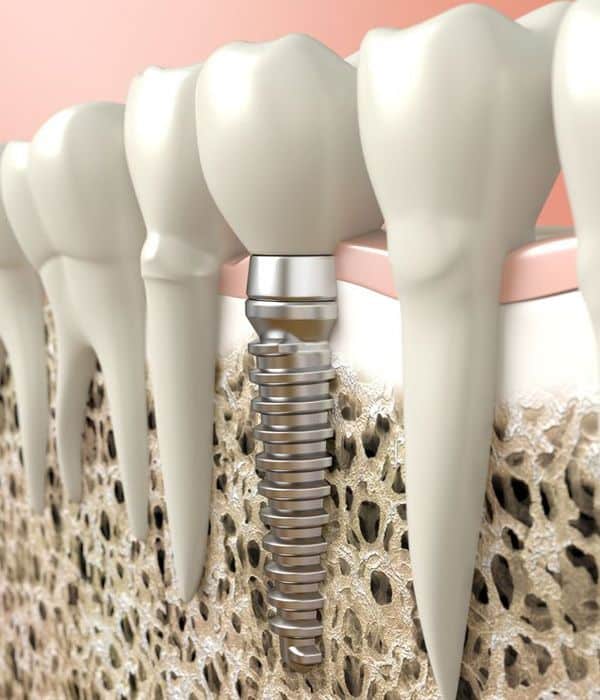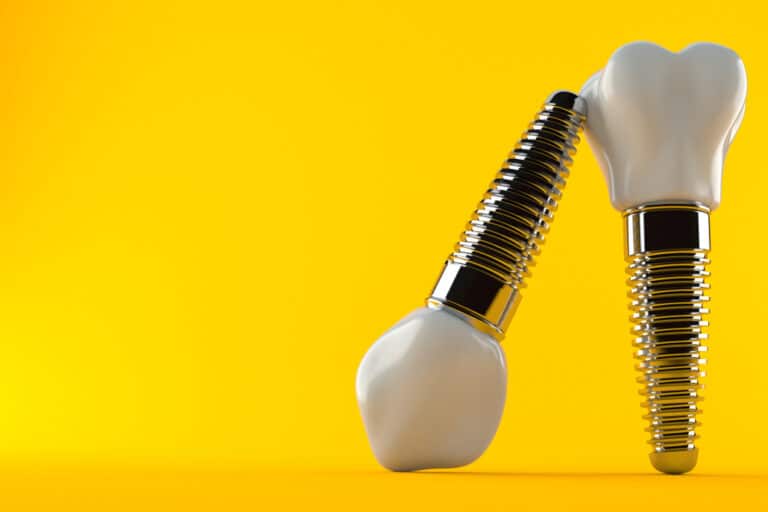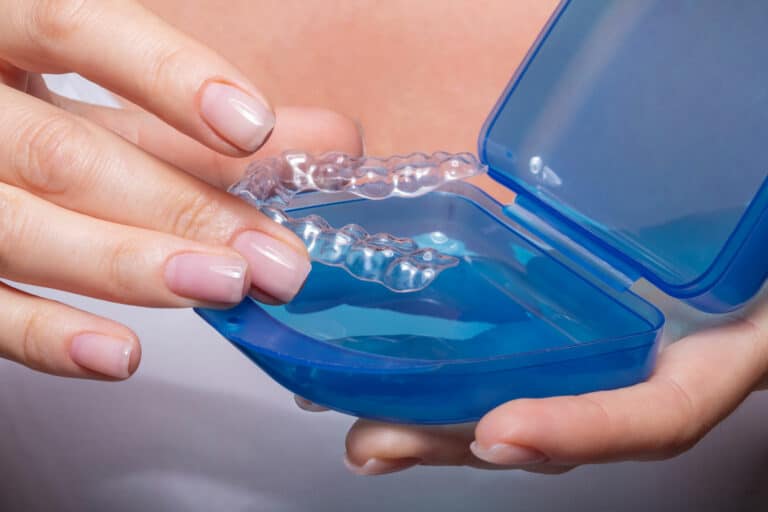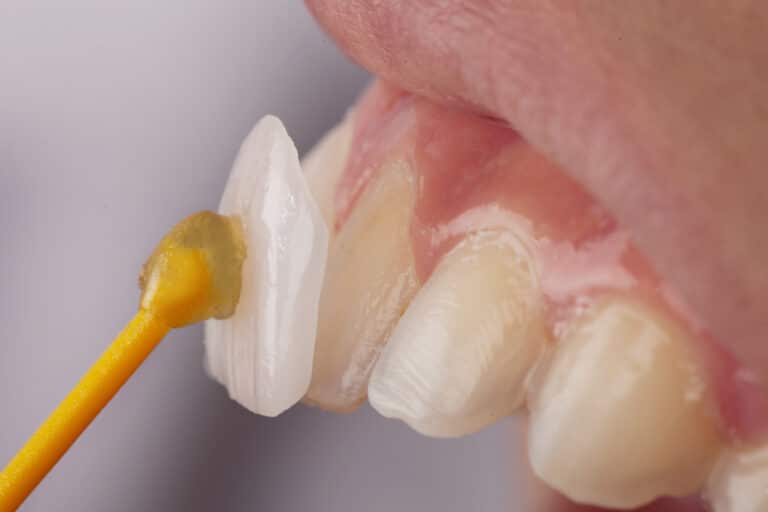Tooth loss, trauma, and periodontal disease may cause deficiencies in the jawbone. Bone loss cannot be reversed on its own, but bone grafting and even implants can improve jawbone density. Before dentists place dental implants, patients with inadequate jawbone tissue must undergo bone grafting to regenerate volume and density.
Astoria Dental Group has served patients in Queens, NY, Long Island, and surrounding areas for over 20 years. Our attentive, knowledgeable dentists enjoy seeing the life-changing benefits of dental implants in their patients.
How Can Dental Implants Help Regenerate the Jaw?
A common obstacle patients face before receiving dental implants is jawbone atrophy. When we use our teeth to bite and chew, tiny vibrations in the connective tissues tell our brains that the jawbone needs bone-enriching minerals to stay strong.
When teeth are lost, those micro-vibrations can’t happen, so the brain tells the body to redirect those minerals to other bones. As a result, the jawbone begins to degenerate, shrink, and become brittle.
Dentists must place dental implants in healthy, dense bone. During jawbone regeneration, dentists graft harvested bone tissue to the upper or lower jaw. The donor tissue fuses with the existing bone of the jaw to boost the density of the dental arch.
Successful dental implants emulate natural tooth roots. They withstand up to 90% of normal chewing forces. Implants also create the important micro-vibrations that signal the brain to direct calcium and phosphorus to the jaw. Thus, the jaw is strengthened because of dental implants.
About Bone Grafts
If you need a bone graft prior to implant placement, the dentist will determine which type of graft you need. During grafting procedures, empty tooth sockets are filled with donor bone or a synthetic material.
Common types of bone grafts include:
- Autogenous: collected from another part of the patient’s body and transferred to the jaw
- Allograft: synthetic or cadaver bone
- Xenograft: bovine bone
Bone grafting creates a solid foundation to stabilize implants. It’s important to allow enough time for your jaw to completely heal before placing implants, so your implants do not fail. If a dental implant fails, more intensive, emergency bone grafting must happen to prevent further destruction.
Ridge Augmentation
Ridge augmentations often follow tooth extractions to rebuild the natural contour of the gums and jaw. When dentists remove teeth, an empty socket is left behind. Ridge augmentation involves applying a graft to the socket to rebuild healthy bone that will solidly secure a dental implant.
Sinus Lift
Sinus lifts specifically enhance the maxillary (upper) jawbone. Healthy sinuses are empty, air-filled cavities lined with a thin layer of mucus. A sinus lift adds bone to the maxillary sinus after tooth removal. This procedure elevates the sinus cavity and increases bone density so an implant doesn’t protrude into the sinus cavity. Implants placed after a sinus lift have an average of a 91.8% survival rate.
Contact Our Office
Jawbone atrophy can contribute to discomfort, poor nutrition, and tooth loss. Bone grafts and dental implants encourage regeneration of healthy, strong, dense bone tissue. Additionally, bone grafting can allow patients with poor jawbone density to become candidates for dental implants. As a popular and long-term solution, dental implants restore the function and aesthetics of the mouth. If you live in or near NYC, call (718) 215-0510 or message us online so that we can answer your questions or schedule a dental implant consultation at Astoria Dental Group.




